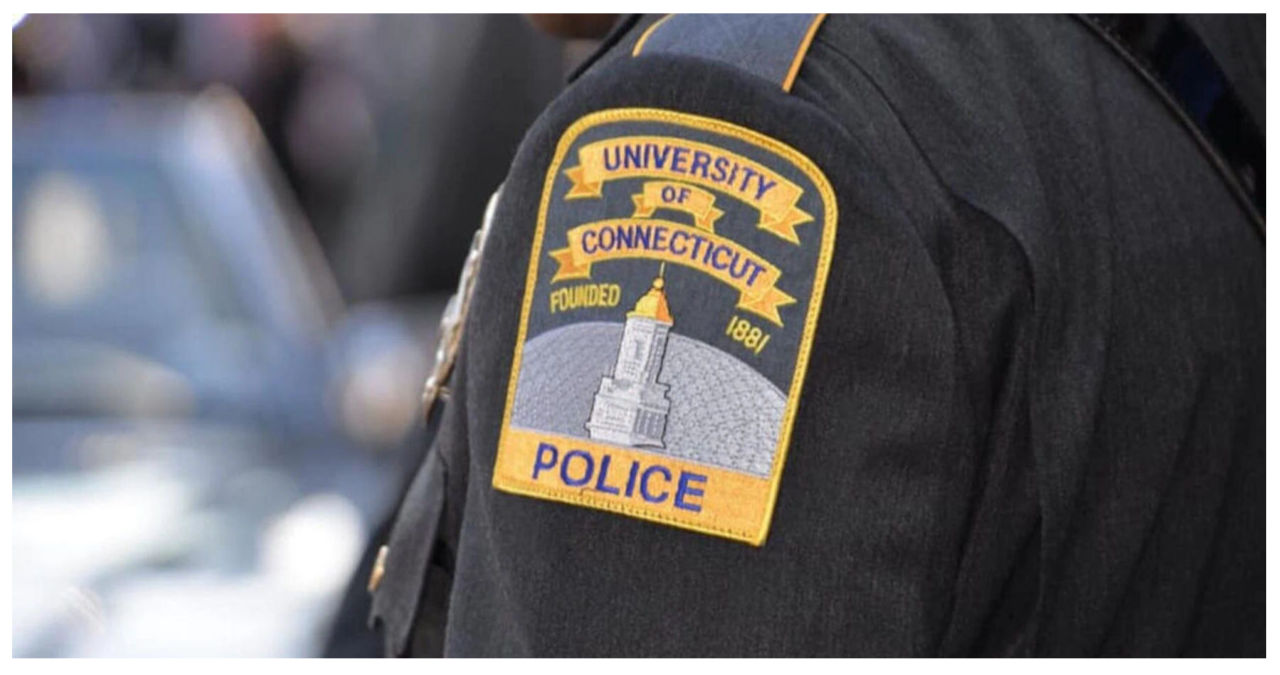The University of Connecticut police union is refuting allegations that its officers injured pro-Palestinian protesters during the dismantling of an encampment and the subsequent arrest of over two dozen individuals last month.
The Connecticut Police & Fire Union, representing UConn police, strongly condemned the allegations made by another union in a letter to school leaders. They described it as an unfair and unwarranted attack on the officers who were simply performing their duties to close down the unauthorized encampment on school grounds.
In a statement, union President Kevin C. Saunders expressed deep sadness over the omission of crucial facts in the letter, which he believes unfairly singles out members of the UConn Police Department for simply carrying out their duties.
In response to a letter from the American Association of University Professors and the UConn Graduate Employee & Postdoc Union, UConn President Radenka Maric issued a succinct statement expressing the university’s stance on the decision to involve the police in dismantling the encampment.
The professors’ union, in their letter, demanded the dismissal of all charges against the arrested students. They strongly criticized the police for their aggressive tactics towards the protesters, pointing out that some of them were injured during the incident.
The professors’ union emphasized that it is the duty of the labor movement to protect civil liberties, and they firmly support the students in their call for the University of Connecticut to respect their right to gather and express their opinions freely. They highlighted that there was no indication of violence or any intention to disrupt classes or exams.
The police union has disputed these allegations and has urged the State Employees Bargaining Agent Coalition (SEBAC), which includes the professor’s union, to support and protect police officers. They have called for a return to the fundamental principles of the coalition, emphasizing worker wages, benefits, and retirement options.
“The police union expressed their concerns about some SEBAC membership organizations venturing into other areas of social justice and public protest. They believe that these activities should be pursued independently, without the use of SEBAC dues money and without any affiliation to SEBAC. The police union urges SEBAC to release a statement demonstrating their support for the police officers they represent.”
The UConn demonstrations are part of a series of anti-Israel protests that have been occurring on college campuses across the United States. These protests are in response to Israel’s conflict with Hamas, which was sparked by an attack on October 7th that resulted in the deaths of 1,200 Israelis and caused injuries to numerous others. It is important to note that Hamas also took hostages, including Americans, some of whom are still being held captive.
In a letter published in the university newspaper, Maric and other UConn leaders expressed their firm support for the rights of students and the community to freely express themselves through speech and peaceful assembly. They also emphasized the importance of academic freedom. However, they noted that despite repeated warnings, some students had chosen to remain in the “unauthorized” encampment.
The authors stressed the importance of recognizing the diverse avenues available to students, faculty, staff, and community members to express their constitutional right to free speech without infringing upon university policies or practices.
The police union strongly objected to the allegations of mistreatment against protestors, deeming them an unwarranted and avoidable assault on their reputation. They argued that such claims only serve to fuel the anti-police sentiment prevailing throughout the nation.
Police officers across the country show up for work every day with a commitment to prioritize the safety and well-being of the citizens they serve. However, the ongoing anti-police sentiment has had a negative impact on the morale of police departments, leading to high officer turnover rates and a shortage of public servants joining the ranks. This issue is not limited to UConn but is prevalent in police agencies across Connecticut and throughout the nation.



